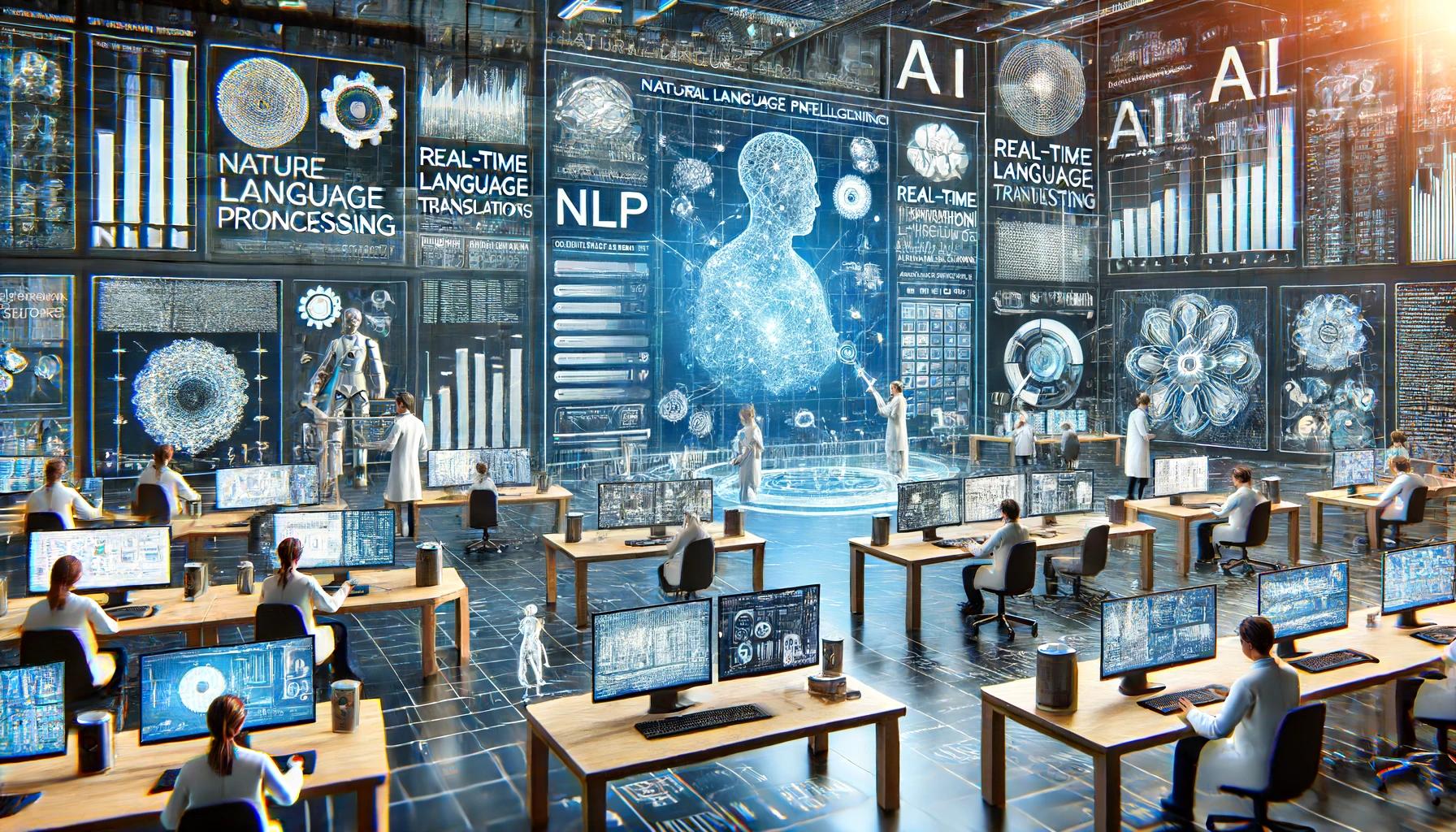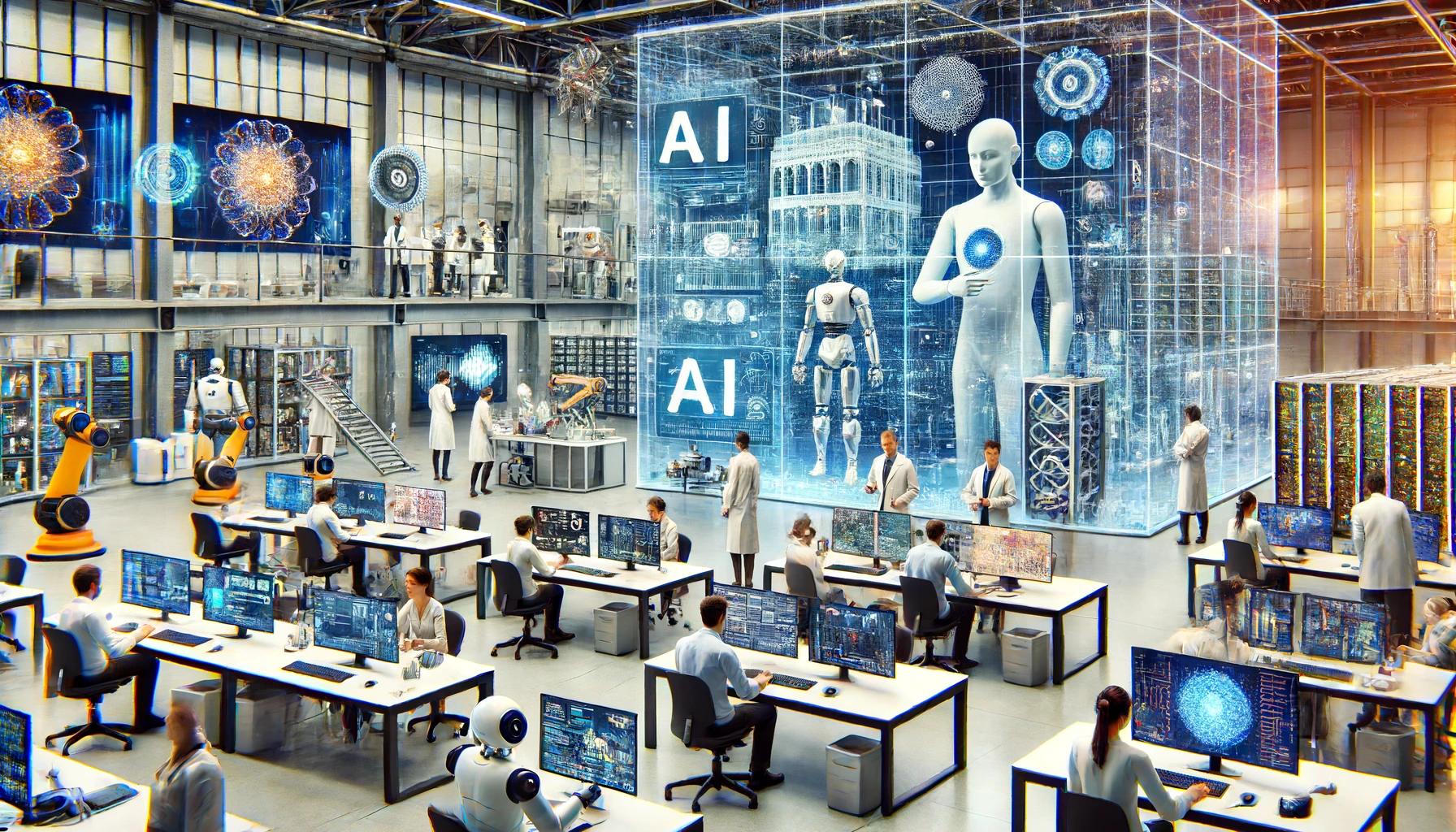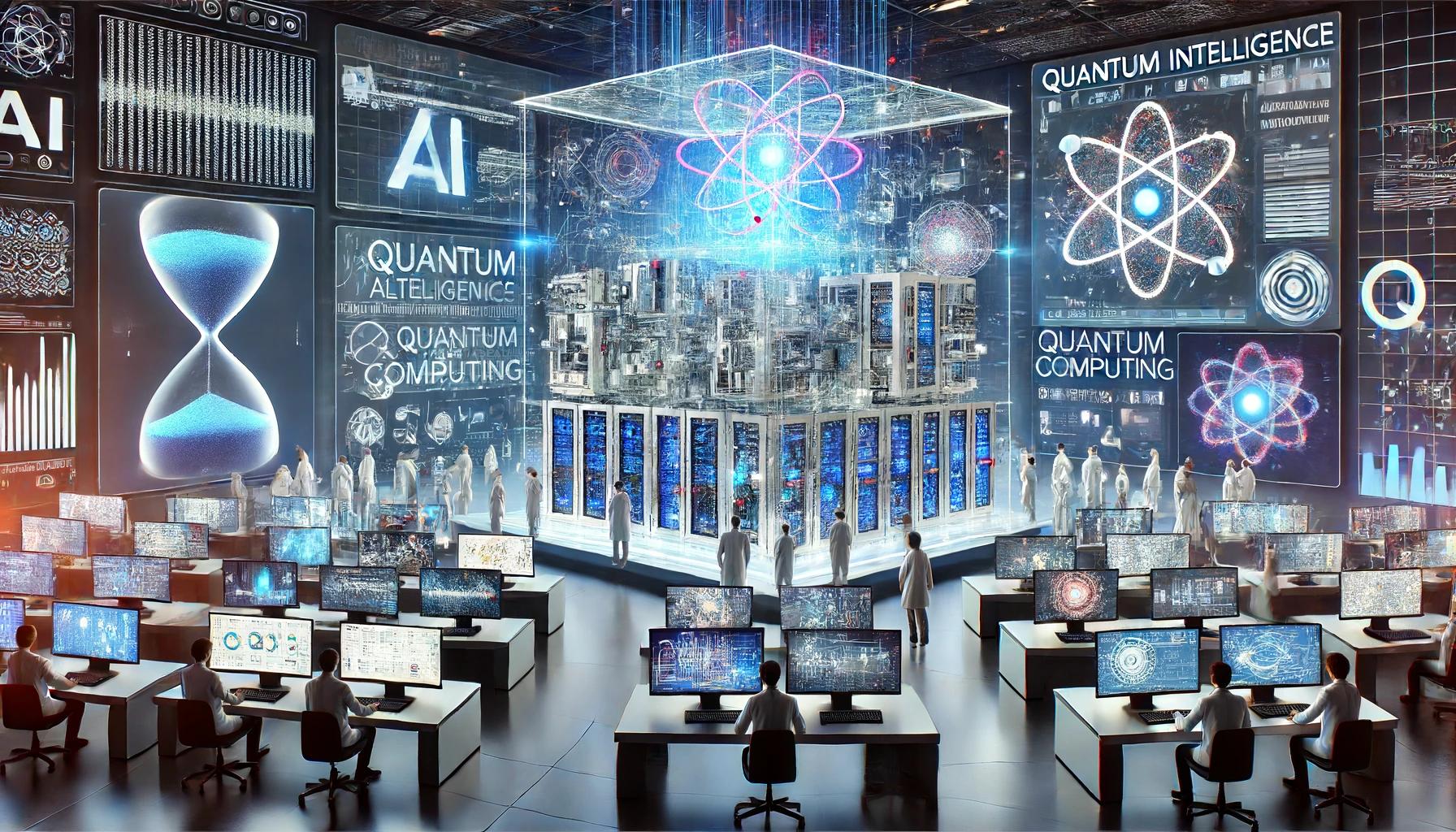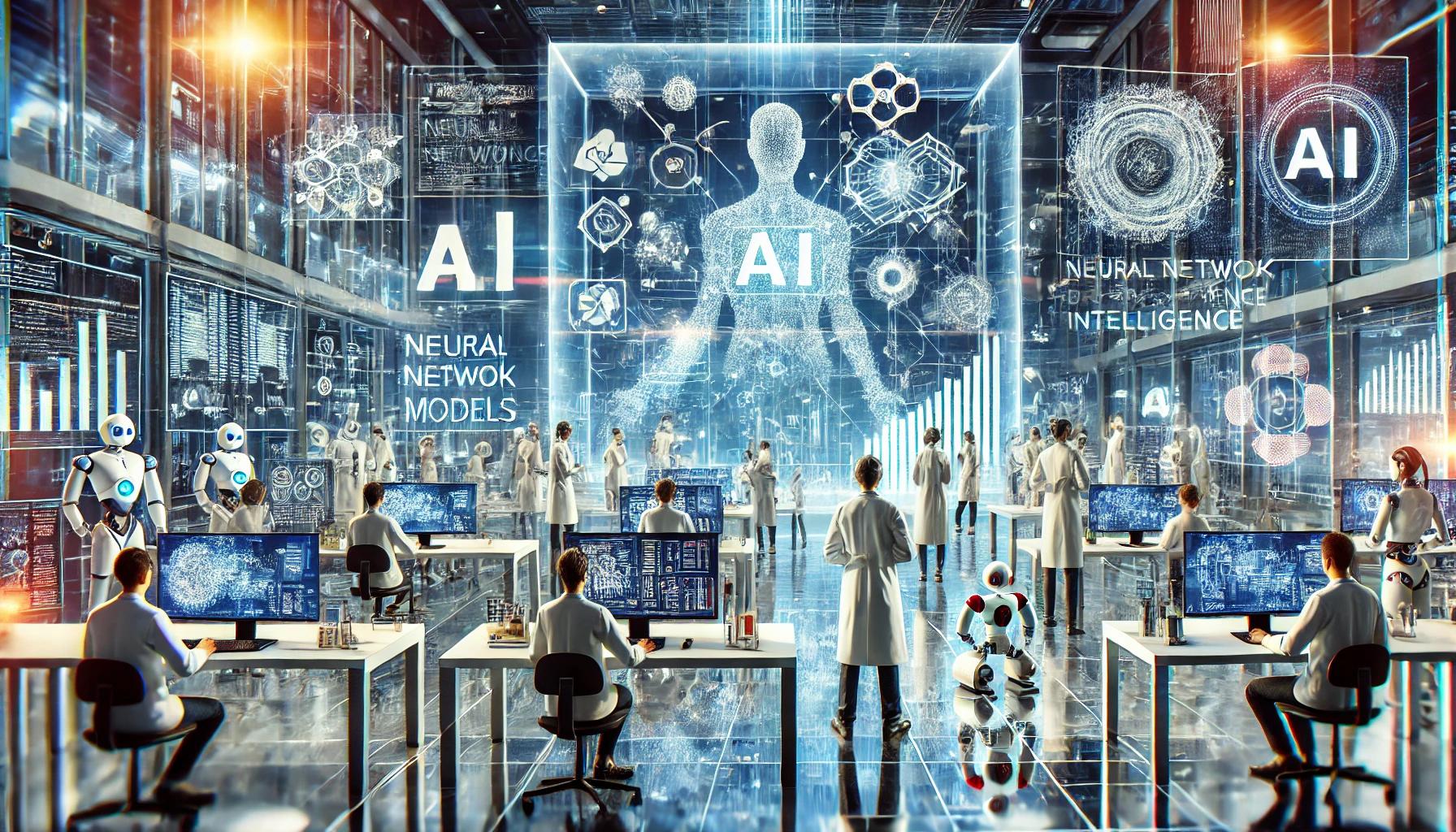- Introduction
- Understanding AI in Marketing
- Key Technologies in AI Marketing
- Applications of AI in Marketing
- Personalization
- Customer Segmentation
- Chatbots and Customer Service
- Predictive Analytics and Insights
- Content Creation and Optimization
- Benefits of AI in Marketing
- Increased Efficiency
- Enhanced Customer Experience
- Data-Driven Decision Making
- Cost Savings
- Challenges and Considerations
- Data Privacy and Security
- Integration with Existing Systems
- Skill Gap
- Future Trends in AI Marketing
- Hyper-Personalization
- Voice and Visual Search
- Enhanced Predictive Capabilities
- Ethical AI
- Conclusion
Introduction
Artificial Intelligence (AI) has become a cornerstone of modern marketing, revolutionizing how businesses interact with customers, analyze data, and implement strategies. This article delves into the transformative impact of AI on marketing, exploring various applications, benefits, and future trends.
Understanding AI in Marketing
AI in marketing refers to the use of intelligent algorithms and data analytics to enhance marketing efforts. These technologies enable marketers to gain deeper insights, automate tasks, and deliver personalized experiences to customers.
Key Technologies in AI Marketing
- Machine Learning (ML): Algorithms that learn from data to make predictions and improve over time.
- Natural Language Processing (NLP): Enables machines to understand and respond to human language.
- Computer Vision: Allows systems to interpret and make decisions based on visual data.
- Predictive Analytics: Uses historical data to predict future outcomes.
Applications of AI in Marketing
Personalization
AI enables marketers to deliver highly personalized content and recommendations to users. By analyzing customer data, AI systems can tailor messages, offers, and product suggestions to individual preferences.
Example: Netflix and Amazon use AI to recommend movies and products based on user behavior and preferences.
Customer Segmentation
AI can process vast amounts of data to segment customers into distinct groups based on behaviors, demographics, and preferences. This segmentation allows for more targeted and effective marketing campaigns.
Example: E-commerce platforms use AI to segment users and create targeted advertising campaigns that resonate with specific audience segments.
Chatbots and Customer Service
AI-powered chatbots provide instant responses to customer inquiries, improving customer service and engagement. These chatbots can handle a wide range of tasks, from answering common questions to processing orders.
Example: Many websites now feature AI chatbots that can assist customers 24/7, reducing wait times and enhancing user experience.
Predictive Analytics and Insights
AI helps marketers forecast trends, customer behavior, and campaign outcomes. By analyzing historical data, AI can predict future trends, enabling marketers to make data-driven decisions.
Example: Predictive analytics tools help businesses forecast sales trends and optimize inventory management.
Content Creation and Optimization
AI tools can generate and optimize content, from writing blog posts to creating social media updates. These tools analyze what type of content performs best and suggest improvements.
Example: Tools like Grammarly and Copy.ai assist marketers in creating high-quality content quickly and efficiently.
Benefits of AI in Marketing
Increased Efficiency
AI automates repetitive tasks, allowing marketers to focus on strategic planning and creative processes. This leads to higher productivity and more efficient marketing operations.
Enhanced Customer Experience
Personalized marketing efforts and responsive customer service improve overall customer satisfaction. AI ensures that customers receive relevant and timely information, enhancing their experience.
Data-Driven Decision Making
AI provides deep insights into customer behavior and campaign performance. These insights enable marketers to make informed decisions and optimize their strategies for better results.
Cost Savings
Automation and efficient resource allocation result in significant cost savings. AI reduces the need for manual intervention and streamlines marketing processes.
Challenges and Considerations
Data Privacy and Security
With the increased use of AI comes the responsibility to handle customer data ethically and securely. Marketers must ensure compliance with data protection regulations.
Integration with Existing Systems
Implementing AI solutions requires integration with existing marketing platforms and systems. This can be a complex process, requiring careful planning and execution.
Skill Gap
The adoption of AI in marketing necessitates a workforce skilled in AI technologies and data analytics. Companies must invest in training and upskilling their employees.
Future Trends in AI Marketing
Hyper-Personalization
As AI technologies advance, hyper-personalization will become more prevalent. Marketers will be able to deliver highly customized experiences to individual customers.
Voice and Visual Search
Voice-activated assistants and visual search technologies will transform how customers search for and discover products. AI will play a crucial role in optimizing these new search methods.
Enhanced Predictive Capabilities
AI’s predictive capabilities will continue to improve, allowing marketers to anticipate customer needs and trends with greater accuracy.
Ethical AI
The focus on ethical AI will grow, with marketers emphasizing transparency, fairness, and accountability in their AI applications.
Conclusion
AI is reshaping the marketing landscape, offering unprecedented opportunities for businesses to engage with customers and optimize their strategies. By embracing AI, marketers can enhance efficiency, improve customer experiences, and drive growth. As AI technologies continue to evolve, the future of marketing promises to be more innovative and dynamic than ever before.
References:




